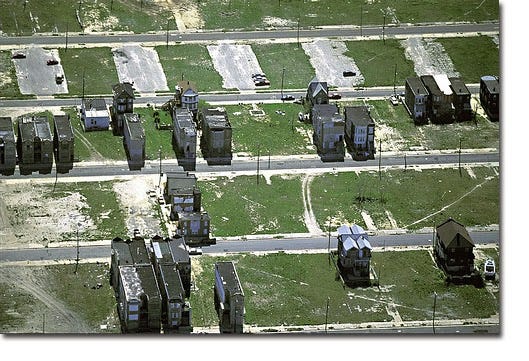What Could the Legacy Economy Mean for the Rust Belt?

Image showing vacant land between existing structures on Detroit's East Side. Source: wikipedia.org
A favorite blogger of mine, Ta-Nehisi Coates of The Atlantic, often has a feature on his blog where he urges people to "talk to him like I'm stupid". I think it's a wonderful thing to ask of others so you can gain an understanding of a complex matter. …
Keep reading with a 7-day free trial
Subscribe to The Corner Side Yard to keep reading this post and get 7 days of free access to the full post archives.


